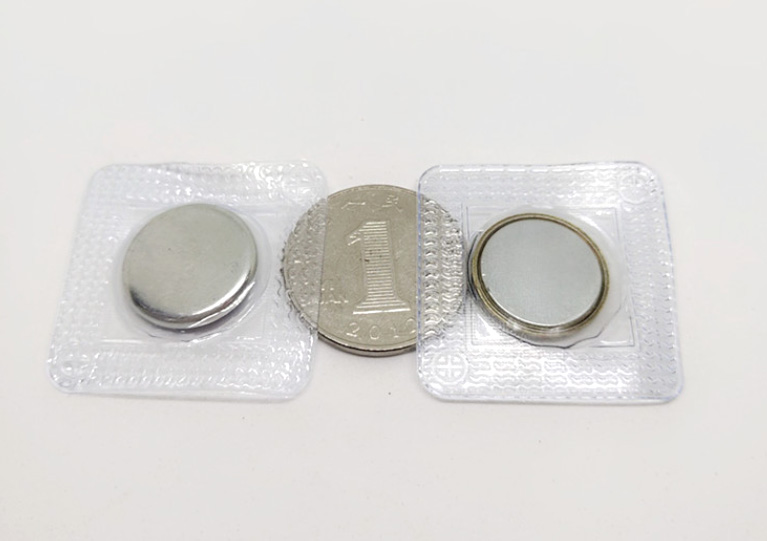Whether it is ceramic ferrite magnets or rare earth neodymium magnets, most of them work in air, products, many people may wonder if the magnets are stronger or weaker if they are underwater than in air? The following Xiao Fu will introduce you the answer to this question.
In fact, there is no significant change in the magnetic performance of magnets underwater compared to in air. Although the physical properties of water and air are different, the effect of water on the magnetic field is so small that the magnet's magnetic force will still work properly in water.
Why?
Water is a non-magnetic substance with a relative permeability close to 1, which means that it interferes very little with magnetic fields. The higher the permeability, the easier it is for a substance to conduct a magnetic field, and the permeability of water is very similar to that of air, so the magnet's magnetic force is not significantly weakened in water. In fact, magnets behave almost identically underwater as they do in air, and the presence of water has a negligible shielding effect on the magnetic field.
The following picture is pvc waterproof magnet, suitable for clothes, luggage.

It is worth noting that while water itself has little effect on magnetism, certain special circumstances may alter the magnetic performance of a magnet. For example, electrolytes in salt water increase the conductivity of the water, and more conductive media can interfere with the magnetic field to some extent, although this interference is also usually small. In addition, if the water temperature is too high or too low, extreme temperature changes may affect the magnetic properties of some magnetic materials, especially for some temperature-sensitive magnet materials (e.g., neodymium-iron-boron magnets).
When selecting magnets for use in underwater applications, in addition to the magnetic force, the corrosion resistance of the magnet is also taken into account. In particular, NdFeB magnets are susceptible to water erosion, so additional surface coatings (e.g., epoxy or overmolded) are often required to prevent corrosion. For long-term underwater applications, it is recommended to choose magnets with high corrosion resistance, such as samarium cobalt magnets, which are more magnetic than ferrite and have better resistance to oxidation.
Overall, the strength of a magnet's magnetic field remains essentially constant underwater, water does not shield the field or enhance it, and the magnet's performance underwater depends largely on the physical conditions of the environment rather than changes in the magnetic field itself.
Magnets suitable for long-term work in water;
You may want to know;
 China Neodymium And Ferrite Magnets Manufacturer & Supplier
China Neodymium And Ferrite Magnets Manufacturer & Supplier 


